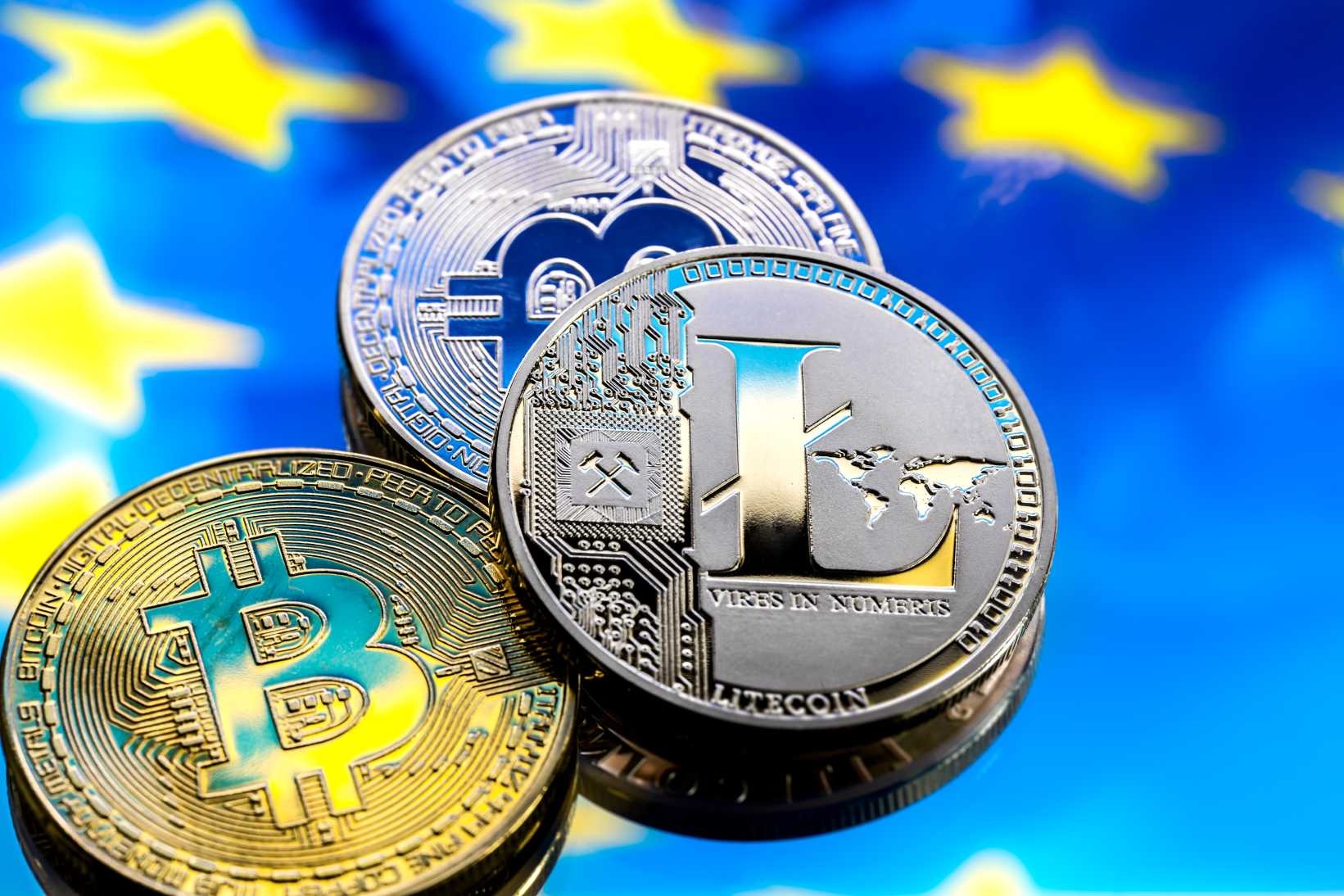Spain Plans To Combat Cryptocurrency Tax Fraud With New Law
The Minister of Finance, Maria Jesus Montero announced the approval of the draft law on Preventive Measures to fight tax fraud. One of the new rules is the limitation of cash payments down to 1,000 euros from 2,500. This will […]

The Minister of Finance, Maria Jesus Montero announced the approval of the draft law on Preventive Measures to fight tax fraud. One of the new rules is the limitation of cash payments down to 1,000 euros from 2,500. This will only be applied to certain activities between professionals and companies and will not affect small households.
More specifically, the draft also tackles cryptocurrencies with a new tax obligation for citizens to report their cryptocurrency holdings.
This rule was already debated in the last legislature but was not implemented. Cryptocurrency-based companies in Spain are growing a lot. According to a recent report, Spain ranks 20th when it comes to the total Bitcoin spot volume.
Back in April 2020, Spain’s Tax Authority sent around 66,000 notices to cryptocurrency owners to remind them of their tax obligations.
Spain Doesn’t Have A Specific Regulatory Framework for Crypto
Cryptocurrencies are not entirely legal or illegal in Spain. There is no specific regulatory framework for cryptocurrencies yet, however, the sale of digital assets is subject to capital gains tax at a variable rate between 19% and 23%.
According to the current Spanish law, cryptocurrencies cannot be considered as a financial instrument. They are also not currencies but would be considered securities in some cases.
There have been a few cryptocurrencies created specifically for Spain. Back in 2014, SpainCoin was created but didn’t get much attention. PesetaCoin (PTC) had greater popularity reaching a market capitalization of 6.4 million euros, however, neither of these coins was official. In 2018 the aggregate market cap of the ICOs in Spain was 145 million dollars.





























